Infleqtion’s Matthew Kinsella on Turning Neutral Atoms into Real-World Advantage
Infleqtion CEO Matthew Kinsella opened his keynote with a lighthearted “quantum dad joke,” then quickly pivoted to a serious message: neutral atoms aren’t just a promising modality—they’re powering a company already delivering products across computing and sensing. Joined by CTO Pranav Gokhale, Kinsella positioned Infleqtion as the rare quantum company with both commercial traction today and a credible path to fault tolerance tomorrow.
From ColdQuanta to Infleqtion
Kinsella reminded the audience of the company’s roots. Founded by physicist Dana Anderson, the team has spent four decades building the neutral-atom platform. Originally known as ColdQuanta, the company began by supplying quantum components before evolving into a full-stack systems provider. Kinsella himself first invested in 2018 and has since helped guide the transition from R&D to commercialization.
Neutral atoms, he argued, are “nature’s perfect qubits.” Identical, abundant, and scalable, they offer long coherence times and all-to-all connectivity—making them well-suited not only for quantum computing but also for clocks, RF antennas, and inertial sensors. That versatility, he said, allows Infleqtion to pursue a full-spectrum product suite from processors to navigation systems.
Products Already in the Market
Unlike many peers still in the prototype stage, Infleqtion has commercial sales across multiple verticals. Its Scale neutral-atom computer has already been shipped, while sensing products like Ticker (a quantum clock), Skywire (an RF receiver), and Exact (an inertial sensor) are in customer hands. Hundreds of quantum cores and sensing units have been deployed, tied together by Infleqtion’s Superstaq software.
These systems, Kinsella noted, are not theoretical. They are supporting projects with NASA, the Department of Energy, the Army, the Air Force Research Lab, NVIDIA, and even financial leaders like J.P. Morgan Chase. Use cases range from grid optimization and drug discovery to AI and national security.
National Security: QPS and RF Resilience
Kinsella spotlighted applications that show how quantum can make a tangible difference in defense and security.
GPS, he warned, is increasingly vulnerable to spoofing and denial. Quantum positioning systems (QPS), built from precision clocks and inertial sensors, could ensure that “every plane, ship, and vehicle can navigate even when satellites are compromised.”
He also described how quantum RF sensing could replace the “jungle of antennas” on today’s military vehicles with sugar-cube-sized devices capable of dynamically tuning across the electromagnetic spectrum. Unlike classical antennas, these quantum receivers are stealthy, emit no signals, and are resistant to jamming.
CTO Segment: A New Architecture for Fault Tolerance
Infleqtion CTO Pranav Gokhale then detailed how the company is accelerating its quantum computing roadmap. Over the past year, Infleqtion:
Partnered with NVIDIA to demonstrate the first use of logical qubits on a materials science problem.
Delivered and installed its system at the UK National Quantum Computing Centre.
Secured ARPA-E’s first-ever award for quantum computing, a $6.2M contract for energy grid optimization.
Announced a $50M public-private partnership with Illinois to bring a logical-qubit machine to Chicago.
Most significantly, Gokhale unveiled a new neutral-atom architecture combining in-place entanglement with reconfigurable atom arrays. The result: a 114-qubit machine with 224 sites, >99.7% gate fidelity, and, for the first time, logical qubits outperforming their physical counterparts.
He highlighted three demonstrations: improved error reduction for materials primitives, a new “many-hypercube” code promising ultra-compact error correction, and the first-ever execution of Shor’s algorithm on logical qubits. While careful to stress that Infleqtion is not aiming to break encryption, Gokhale said the result underscores the urgency of migrating to quantum-safe standards.
A Roadmap Pulled Forward
Infleqtion has consistently published and met technical milestones, and now it is raising the bar. After hitting its 2024 goal of two logical qubits with 1,600 physical qubits, the company is now targeting 30 logical qubits by 2026 and extending its roadmap to 1,000 logical-qubit memories by 2030.
This acceleration, Kinsella argued, is evidence that neutral atoms can move faster than skeptics expected—and that Infleqtion is positioned to deliver broad quantum advantage within the decade.
Looking Ahead
Kinsella closed with an invitation to join Infleqtion’s upcoming webinar for a deeper dive into the architecture, and, true to form, another request for fresh quantum dad jokes. But the broader message was clear: Infleqtion is no longer just a physics story—it is a products company with systems in market, a roadmap to fault tolerance, and a vision to make quantum an everyday utility.
